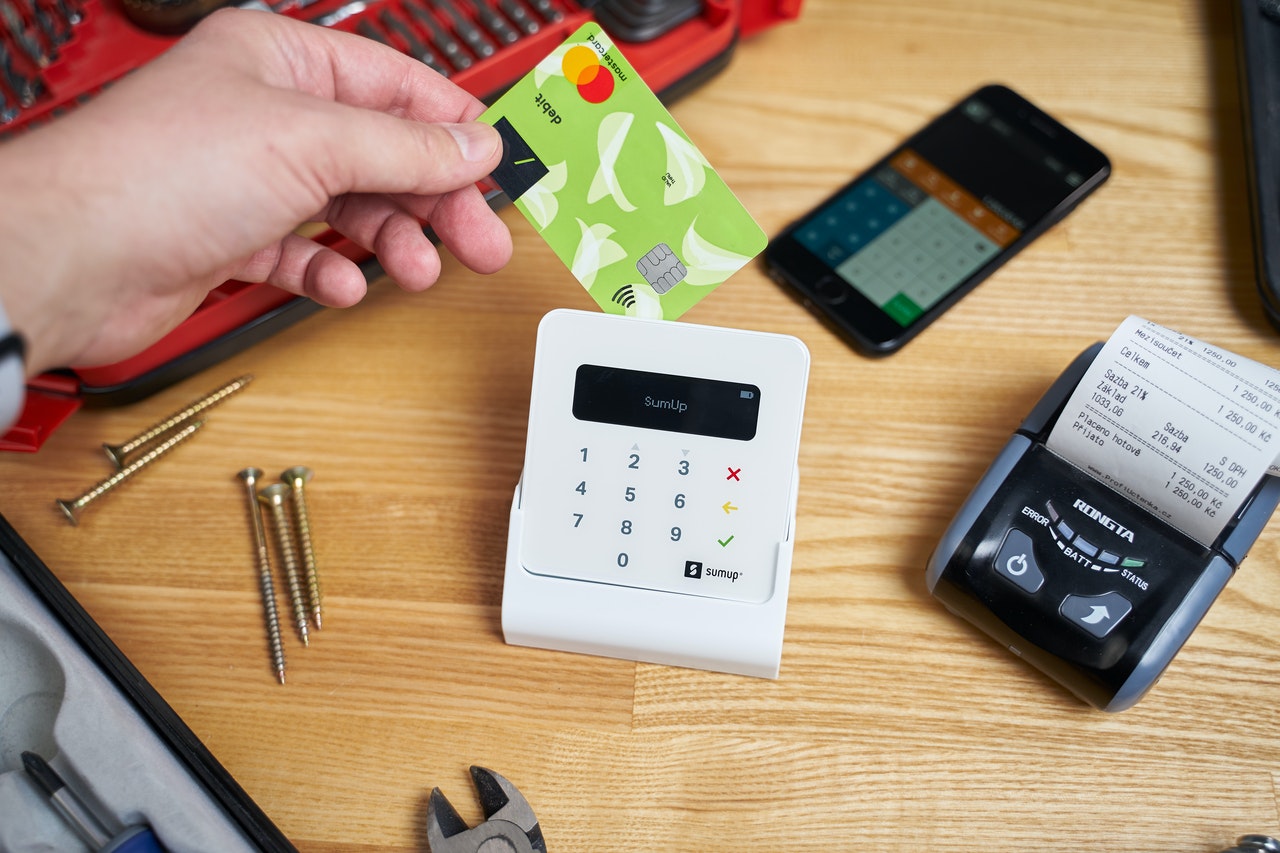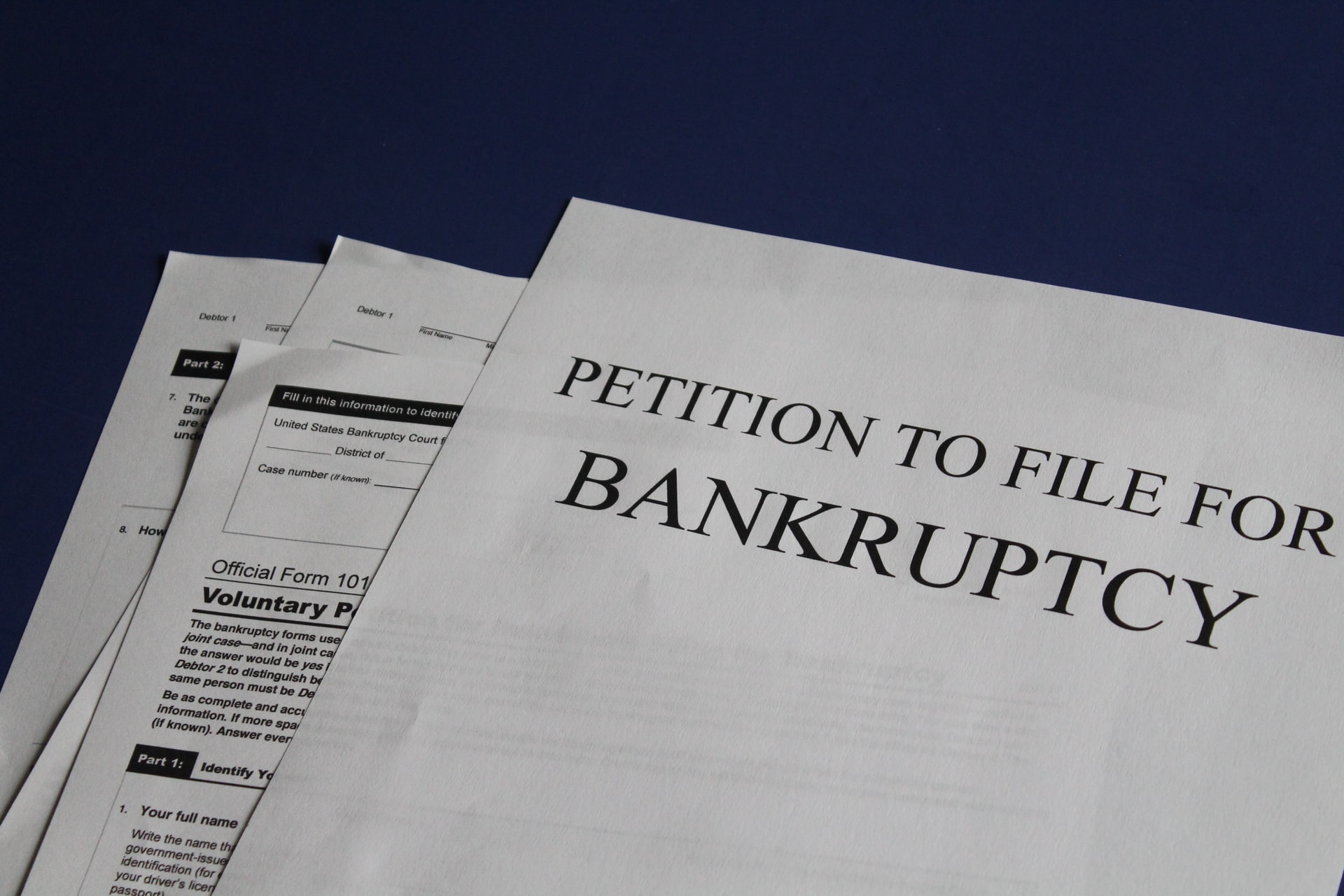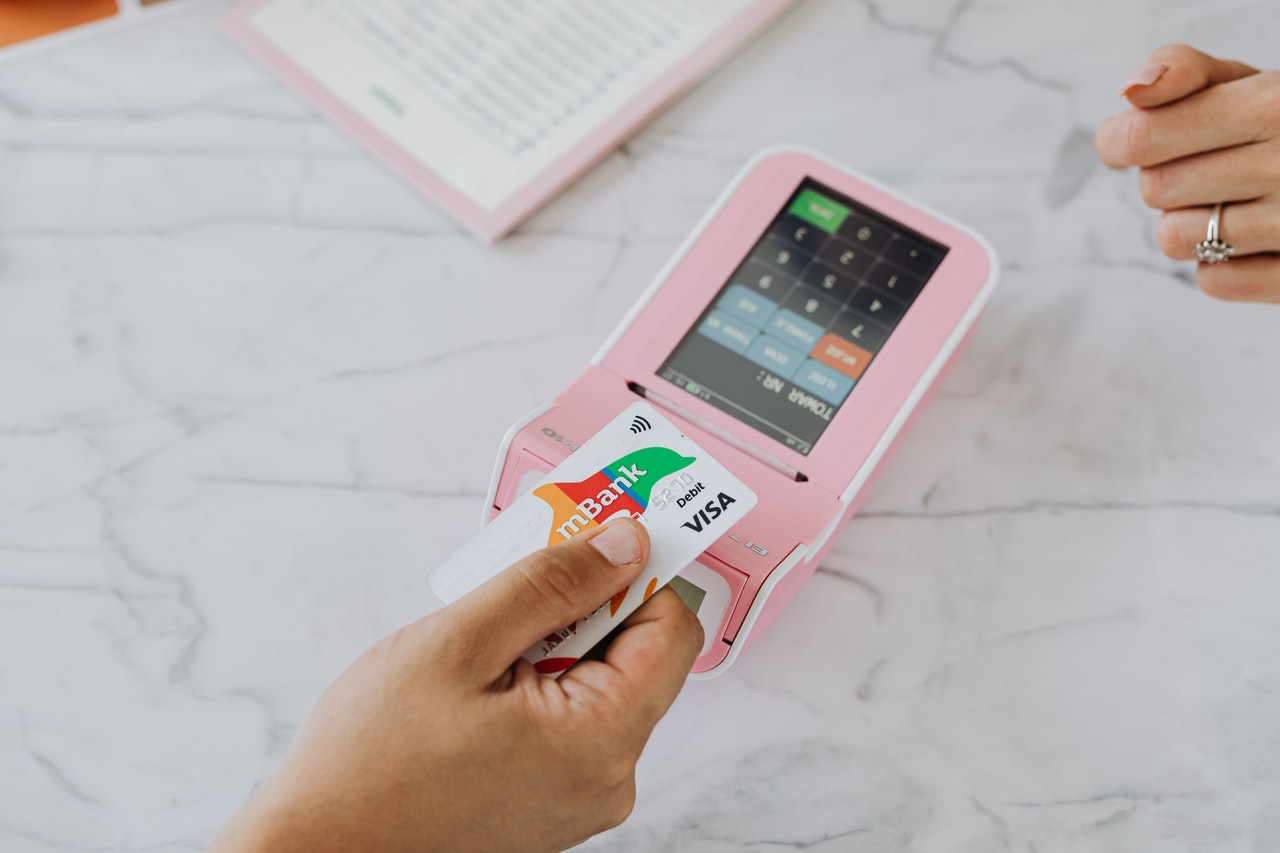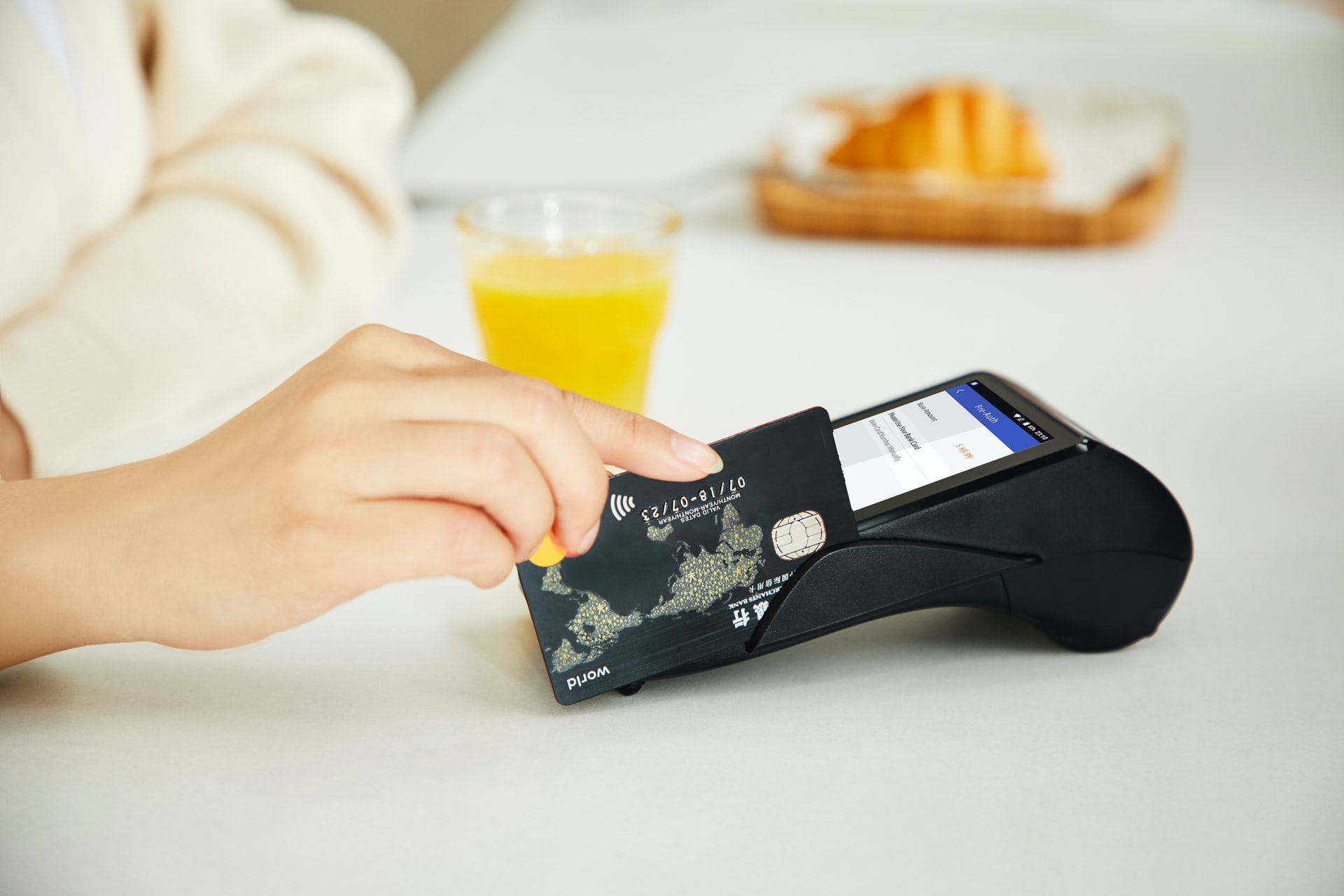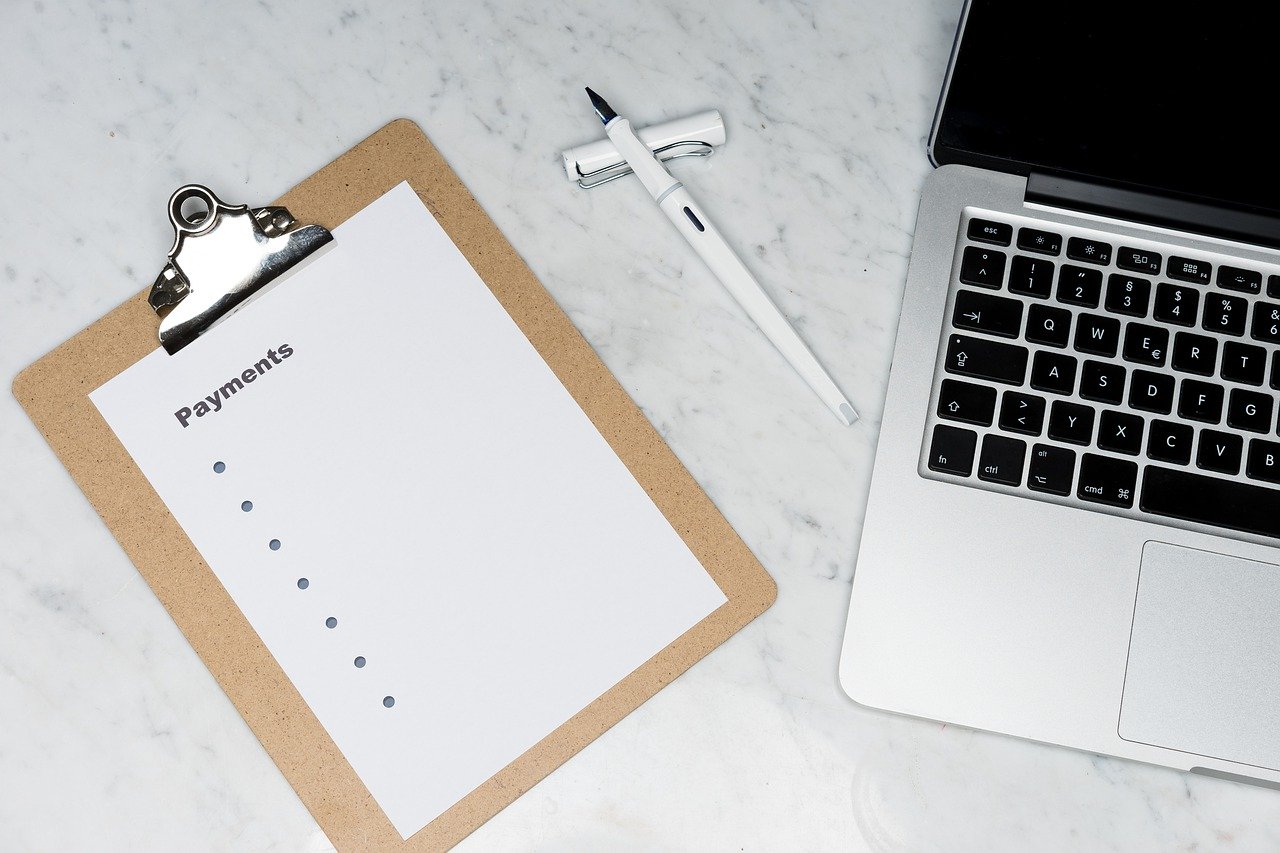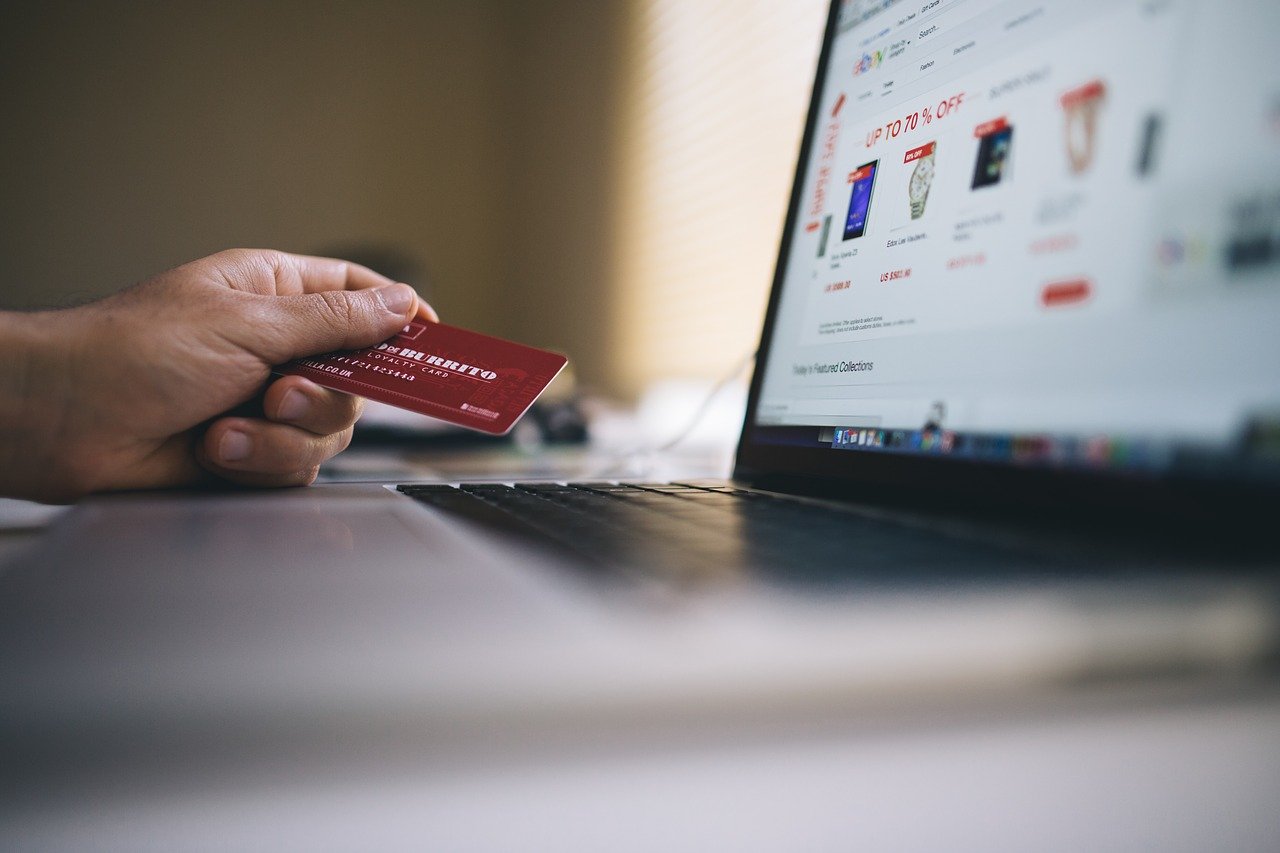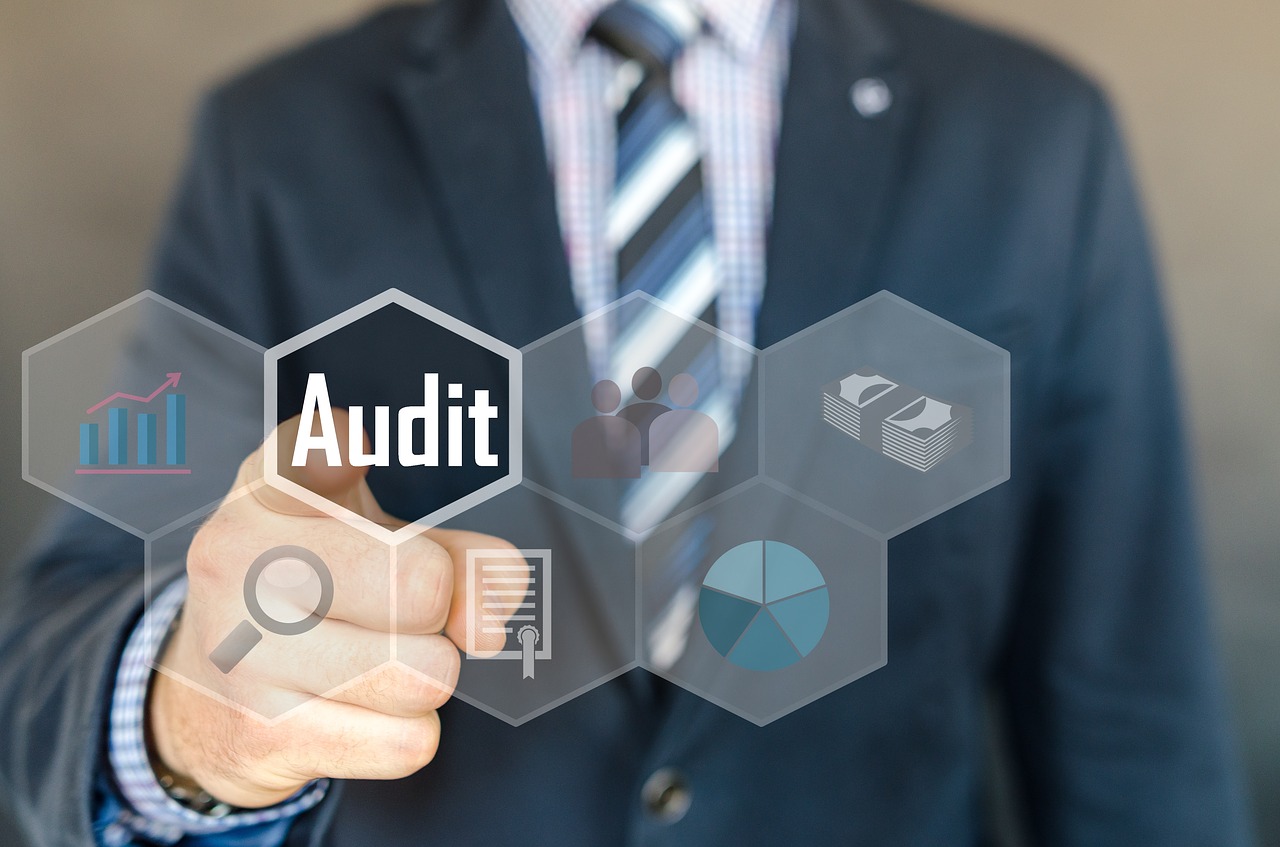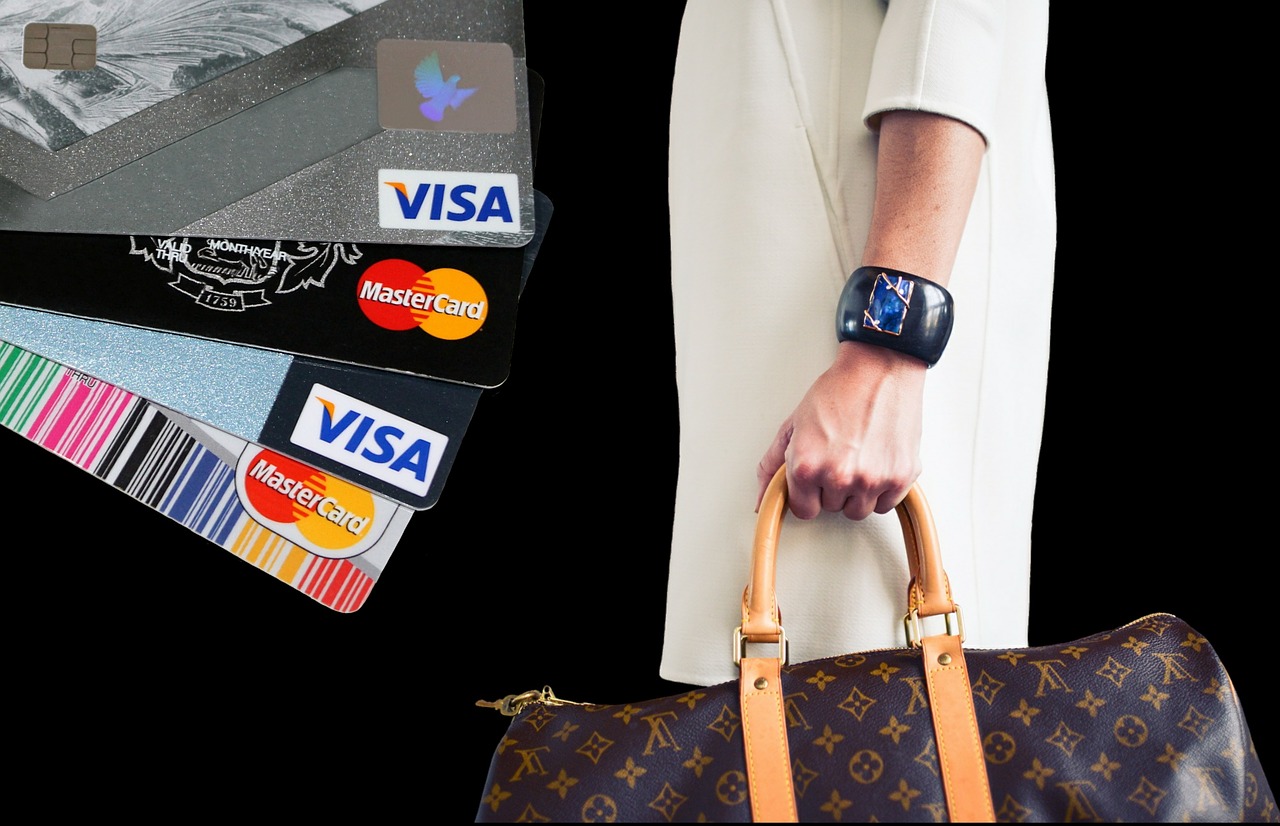One of the issues that people considering bankruptcy often worry about is that they will never get credit after filing Chapter 7 or Chapter 13. That, or the fact that the bankruptcy will stay in their credit report for 10 years from the filing, which fact would serve as a warning to future creditors that you might turn out to be a bad risk. But neither is true, however, while bankruptcy will indeed stay in your credit report for ten years, it does not necessarily mean that you can no longer get new credit. If you want to learn more or need some advice on how you can get bankruptcy help, book a call now.
Furthermore, only a Chapter 7 bankruptcy will stay in your credit report within 10 years. If you filed under Chapter 13, the period is shorter – about five to seven years. Worst case scenario: You can get a new loan but with high-interest rates or fees. Now, that’s not so bad, is it? Especially after considering that even people with good credit can get bad loan deals. The fact remains that no matter how bad or good your credit line, it is not a guarantee that you are going to get approved for a loan or get low-interest rates. In other words, bankruptcy may damage your credit but only to an extent. It does not necessarily mean that you will never qualify for new credit. What damage there is, you can always rebuild. And that is what you should be focusing on, instead of wallowing in the pits of Credit Doom.
#1 CAN DO: Keep a Credit Card Out of the Bankruptcy
When filing for bankruptcy, the rule is that you have to make a schedule. A schedule is a list of all assets and liabilities that you are required under the law to disclose before a bankruptcy case could commence. If you owe money on a credit card at the time you file for bankruptcy, you have to include that in the schedule. Otherwise, you may be sued for perjury and penalized under federal law. What’s worse, if you fail to disclose unpaid credits like this, you may be denied a discharge of all your debts.
The rule, however, only applies to unpaid credits. So if you do not owe any money on your credit card, then you can go ahead and keep that one out of bankruptcy. You are not obliged to inform the credit card company of the bankruptcy case. Note, however, that your credit card company may still find out about it through other means and cancel your card as a precaution. If your credit card company gives you notice of cancellation of your credit card, don’t give up yet. Many credit card companies allow their credit cardholders who are filing for bankruptcy to keep their credit cards on the condition that they agree to reaffirm the balance on the card and enter into a new agreement. Try to re-negotiate the terms with your credit card company and see if you can settle for a situation that is beneficial for both you and the company. While the decision is up to the creditors, keep in mind that what they want is to avoid the loss incurred when the debt is discharged and to have your future business.
#2 Get New Credit After Bankruptcy
If there is one thing you can count on in today’s competitive lending environment, it is that credit is always available, even to the recently bankrupt. The catch? Credit may be more expensive than before and available with lower limits. But all that is second only to the fact that credit does exist and you can get it. One of the easiest credits available to the recently bankrupt is a secured credit card. As opposed to an unsecured credit card, in a secured card, you must make a deposit of a certain amount of money in exchange for a card that you can use just like a regular credit card. Your credit limit is equivalent to the cash deposit you made. Now, the good thing about a secured credit card is that it is usually available post-bankruptcy at lower rates than unsecured cards.
What’s more, the fact that these credit cards are secured is not often indicated in your credit report so creditors have no way of knowing whether your credit card is secured or not. All they will see is that you have been approved for a credit card, which ups your credit score a bit and puts you back in the game fairly quickly. Note, however, that credit experts are not quite in agreement concerning the impact of secured credit cards on your credit rating. So if you do decide to open a secured credit card post-bankruptcy, be sure to do it slow.? While your rush at rebuilding your credit is understandable, making mistakes that could significantly affect your credit score like this is not worth it.
Rebuilding your creditworthiness after bankruptcy is a matter of getting a toe-hold in the world of credit. The balance is often precarious and needs delicate treatment. Use credit cautiously and pay on time.
#3 Buy a House After Bankruptcy
Absolutely. In fact, there are many studies that show bankruptcy debtors can qualify for a home loan on the same terms as if they had not filed bankruptcy within 18 to 24 months after a bankruptcy discharge. You see, what the creditors are concerned about here is not your past financial troubles but your current financial status – e.g., your down payment, the stability of your income, and the relationship between the loan payments and your monthly income. That said, take note of the following things that you might want to do in preparation for your first house purchase post-bankruptcy:
• When purchasing a home after bankruptcy, the key is the discharge date, since there is usually a waiting period. If your loan was an FHA loan, you usually have a 2-year waiting period for that. For other conventional loans, the waiting period is four years. Now, during the waiting period, you need to do two things: re-establish at least 4 lines of credit (auto loans or credit cards, for example) and maintain an excellent payment history.
• Make sure that there aren’t any delinquencies on your credit report that should have been cleared off with the bankruptcy. If you find any, contact your creditors immediately. Include a copy of your “Schedule of Creditors” in your letter so that your creditors can indicate the debt was included in the bankruptcy and update your credit report.
• The more money you have in your savings or checking account, the better and stronger your file is going to look to a lender when you apply for a home loan. Remember that your ability to make a down payment bears great significance in your approval rating. If you have money in your savings account, your creditors will naturally conclude that you have the money to make a down payment.
#4 Get New Wheels After Bankruptcy
A common misconception people have after a bankruptcy is that getting new credit like a car loan is virtually impossible. Well, note that the word used is “virtually.” That is not the same as saying that you are certainly never going to qualify for a new car loan. Because the truth is you can and you should if you need to. If you can get a house after bankruptcy, then there is all the more reason for you to be able to get a car. In fact, you can even start going through some dealerships as soon as your discharge papers are in. Just remember that the interest rates are not going to be cheap. Here are some tips to help you deal with that one tiny tangle:
• Check with the Special Financing Department
Most car dealerships have this special financing department that handles would-be car purchasers who are going through some financial trouble. Since these buyers would not be able to qualify for a conventional auto loan, some dealerships are willing to offer you a different deal to help you get that car you want and at the same time overcome the hurdle of credit after bankruptcy.
• Credit Unions
If you are a member of the credit union at your workplace, contact them and see if you can get a car loan through them. Often, credit unions offer lower interest rates than banks, which in addition to charging you higher interest rates, may also require you to deposit your paycheck directly with them. If your workplace does not have a credit union, your neighborhood may have one. Some are available to people based on an organization or church affiliation, or even residence in a certain community.
• Charities
Not many people are aware of this but charities are actually a good place to look for inexpensive cars. You may have heard of charities that ask you to donate your working or non-working cars to them. In order to raise money, they repair these cars and sell them for a price that is significantly lower. Try those charities found in your neighborhood and see if they sell cars that are more along with your price range.
#5 Have a 700+ Credit Score Two Years After Discharge
You might find this statement suspect, which is understandable really when you consider the many stories of how one bankruptcy can thoroughly damage the credit rating you’ve been building up for years. Expert after expert has said that new credit is near impossible to get after filing for bankruptcy. However, in almost the same breath, the experts likewise say that it is not impossible to rebuild your creditworthiness after bankruptcy. And this is bolstered by the fact that you had a good reason for the bankruptcy, such as unemployment, medical, business failure, etc, and that you immediately took steps re-establishing credit after receiving the discharge.
So why then, despite complying with these two requirements, your credit score remains way below average? The answer lies in your credit report. Your credit report contains everything about your finances. All of the information contained in your credit report, when added up, result in your three-digit credit score. Hence, any errors in your credit report, such as a fraudulent credit line or a debt that remains even though it was supposed to be discharged after bankruptcy, can adversely affect your credit score.
Common sense tells you that if you correct these errors and mistakes, you can improve your credit score. Also, some creditors make various inquiries into your credit report. This act could lower your credit score. What’s more, after a discharge, they are allowed to make only one inquiry into your credit report. After that, you are entitled to ask for $1,000 every time they look into your credit report. Make certain that your creditors are not making any more inquiries into your credit report. Write them a letter explaining that the debt has already been discharged. Include a copy of the discharge order as well as a copy of the ‘Schedule of Creditors’ from your bankruptcy papers as proof that the debts have already been discharged.

